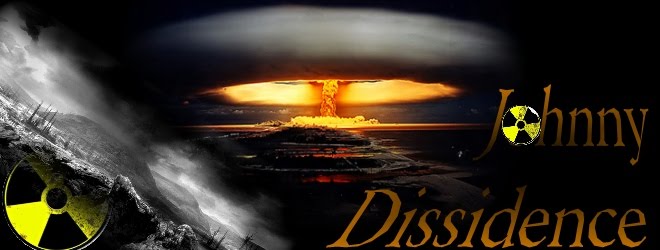Original article here.
This very PC article shows the strange reasoning of the leftist NZ perspective, as the creator of the article in question assumes the burden of fixing the economic issues of Maori and Pacific Islanders lies solely in the hands of current tax-payer. But one of the interesting points, bolded below, is their high birth rates contrasted with European NZ. What the author failed to take into account was that indeed, the high birth rates aligned with Maori and P. Islander is mostly to their own and the country's own economic detriment. When you have more kids than you can afford and you have no qualms about taking welfare payments for it, you're sticking yourself in a financial hole, and you're draining the state's tax coffers, additionally.
The idea portrayed in this article is to throw money and education to the current Maori and Pacific Islanders, and hope they're good to our aging white NZ population in our later years.
What I see is that a push for more educated and financially stable couples to have more kids is more preferably, easier and realistic, and an encouragement of those less stables to not have as many kids, as ultimately, throwing money at a problem that can be at least mostly placed at the feet of culture (not valuing education highly, but valuing big families) is no fix at all.
However, I do agree a more educated Maori and Pacific Islander (and NZ in general) population would be to our benefit, as it would potentially lower unemployment, reduce crime, push us into a more knowledge-based niche of the global market, and lower their birth rates to comparable levels to white NZ, as more educated people tend to have less kids and focus on a more urban lifestyle where cost of living is more important than having a family.
New Zealand as a whole is around its population carrying-capacity at around 5-5.5 million, and considering our Clean Green image and agricultural/horticultural/virticultural based economy, we should aim to try and keep as much land as possible for those purposes, as this brings in the money, and not focus on some kind of big NZ policy, through birth rates or immigration, which would eat up the land resources without the benefit of an independent revenue source.
But this is the problem: Is the long-term benefits of an overhauled education system worth the short-term costs (in the eyes of the public), and do we have a culture that will make the most out of this kind of push for education?
Plea to help young Maori and secure our economic future
By Simon Collins
5:30 AM Monday Sep 13, 2010
Former Children's Commissioner Cindy Kiro has made an impassioned plea to invest more in Maori children - for the sake of New Zealand's economy.
She told a conference on welfare reform that Maori were "the canary in the coalmine", losing their jobs and being thrown on to welfare benefits before others when the economy was hit by recession.
The Maori unemployment rate leapt from 10.1 per cent in March 2008 to 16.4 per cent this June, while the national average unemployment rose from 3.9 per cent to 6.8 per cent.
The total of working-aged Maori on benefits rose 5.4 percentage points, from 23 per cent to 28.4 per cent, while the number of working-age non-Maori beneficiaries rose from 7.7 per cent to 9.3 per cent.
Dr Kiro, now an associate professor at Massey University's School of Public Health, said these differences were driven by a wider increase in inequality in New Zealand since the late 1980s.
"Maori and Pacific families and individuals are among the most deprived and this is part of the macroeconomic environment that we need to address," she said.
Income inequality grew steeply when unemployment last peaked in the late 1980s and early 90s.
Social Development Ministry figures showed it peaked in 2001, came down slightly with rising employment and Working for Families tax credits up to 2007, then worsened again with the recession.
Incomes were now as unequal again as they were in 1998, and among the most unequal in the developed world, although still slightly more equal than in 2001.
Professor Kiro said the ageing non-Maori population, combined with relatively high Maori and Pacific birth rates, meant the future NZ economy would depend on today's Maori and Pacific children.
"Quite apart from the moral imperative, we have an undeniable self-interest in making sure they grow up well-educated and well-adjusted. They must, to look after us oldies when it comes time.
"The scientific evidence about the importance of the early years in terms of good life outcomes, including productivity, is now overwhelming."
If Maori children were growing up in families on welfare, then welfare payments had to be high enough to support good lives in decent housing.
"Secondly, we have to think about what kinds of investment we are going to make so that they are growing up strong," Professor Kiro said.
MAORI AND WELFARE
Per cent of 18 to 64-year-olds on benefits, June 2010:
Domestic purposes
Non-Maori - 2.8
Maori - 13.0
Unemployment
Non-Maori - 1.8
Maori - 5.9
Invalid's
Non-Maori - 2.9
Maori - 5.2
Sickness
Non-Maori - 1.8
Maori - 4.3
Total
Non-Maori - 9.3
Maori - 28.4
By Simon Collins
Subscribe to:
Post Comments (Atom)



No comments:
Post a Comment